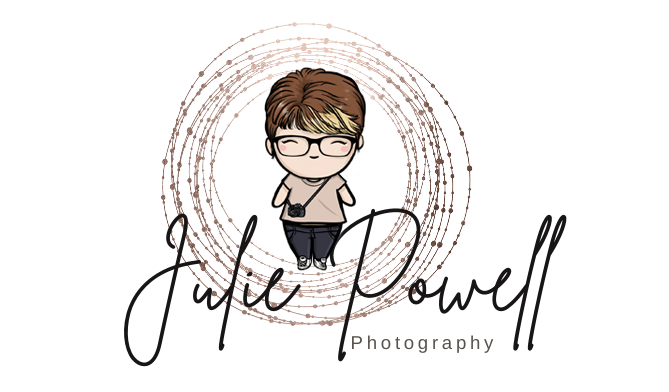Why are passion projects so important?
Why are passion projects so important? I really don’t think it matters what genre you photograph, or even what sort of creative you actually are. Photographer, videographer, musician, painter, sculpture, writer. If you are of the creative type, I am sure you are either thinking about, looking for or actively involved in a Passion Project, or at least you should be.
What is a passion project?
A passion project is something you do strictly for the love of it. It is something that totally energises and excites you. It is a gathering of likes minds (on occasion). This is often something you do far outside the realm of your normal day to day business. Perhaps you are a journalist and are writing a fantasy novel. Perhaps a portrait photographer and you are creating an epic fantasy portrait, far above the simple day to day headshot.
Australian Gothic
Why are passion projects so important?
I live for a passion project. They can be big or small. These can take a weekend or months, or even years. Passion Projects give you something to work towards. They give you a goal, a creative kick, and can break you out of a rut. They are fantastic for trying out concepts and technique you would normally never try in an everyday scenario.
My hair and makeup artist has input and gets to try styles and looks that just normally wouldn’t be accepted in a bridal or fashion scenario. Even hairstyles. My models often have input too, outfits and styling, poses etc. The sky is the limit on what you can put together. Play with different lighting styles, use unusual locations.
Where to start in a passion project?
Start small and simple, a single theme or concept, or perhaps even a color. Perhaps this is something you can do on your own, like working on a novel. But this could also be an opportunity for others in your team to grow. Write down notes, build on them. Work out exactly what you think you might need. Often these are things you may have to source like locations, costumes, props.
These can all be worked on and collaborated with other people in small blocks or large planning sessions, it doesn’t matter. But they need to fit in with your day to day life and work. Sometimes they can become all-consuming, so be mindful of that too.
What to do with a finished passion project?
Share it, promote it, put them on your website or social media. Show the world that you can create outside the box. Have an exhibition, make a coffee table book. There is no limit to what you can do. Perhaps it is just for yourself? That’s fine too. If it got you out of your rut and inspired you, then that’s the goal. Remember these are for your passion, not for your pocket. In fact, often they cost you money (your project, your budget). You never know where these projects can lead. You may learn a new technique or fall in love with a different lighting style, or even teach it all to others.
Then…go back to the start and create another one. I try to run at least six to twelve a year, sometimes it’s more, sometimes it’s less. I had one that ran for two and a half years. The time frame is completely up to you.
Want to see a collection of some of my passion projects? Visit my website here
Sleeping Beauty
Models – Rose Red – Lisa Wilmore, Australian Gothic, Suzanne Balding and Roy Powell, Raven – Nicola Paige, HMUA Teighan Felton, Sleeping Beauty – Jesi Faun, HMUA Isabella Celeste








